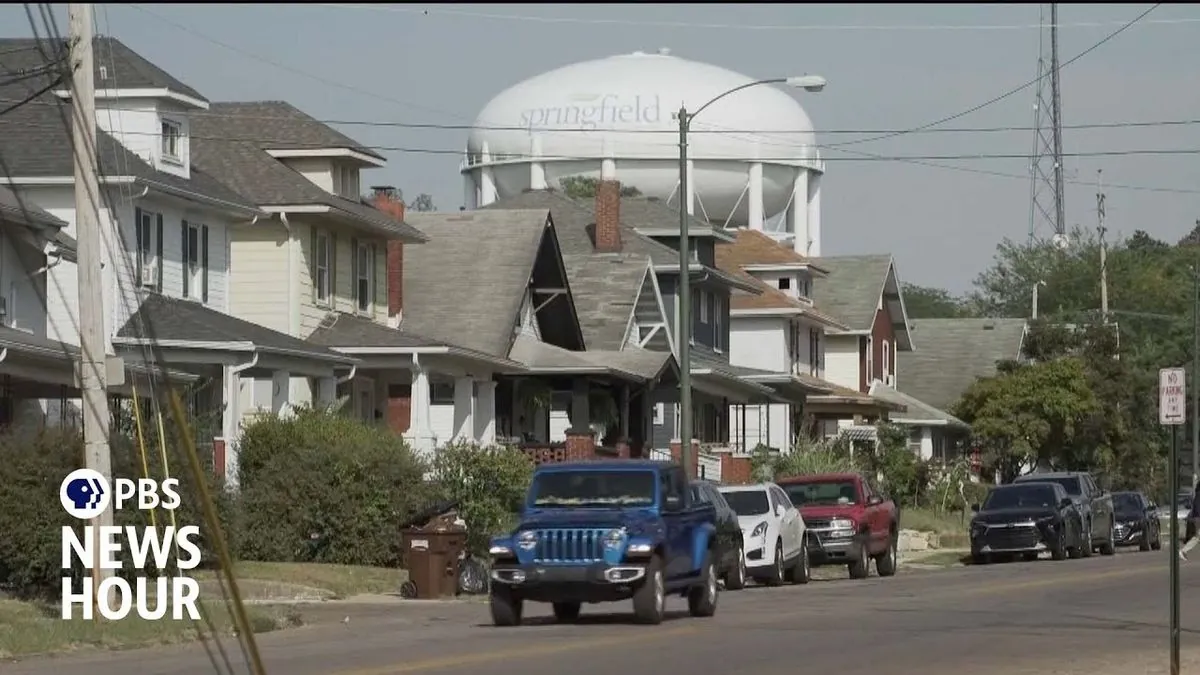Ohio Allocates Resources to Address Haitian Migrant Influx in Springfield
Ohio's governor announces measures to support Springfield amid a surge of Haitian migrants. The state will deploy law enforcement and provide healthcare funding to address community impacts.

In response to a significant influx of Haitian migrants, Ohio Governor Mike DeWine has announced a series of measures to support the city of Springfield. The governor's decision comes as the community of approximately 59,000 residents grapples with the arrival of an estimated 15,000 Haitian migrants since 2020.
DeWine outlined the state's plan during a press conference on September 10, 2024, just hours before a scheduled presidential debate where immigration policy was expected to be a key topic. The governor's approach includes deploying law enforcement resources and allocating millions in healthcare funding to address the challenges faced by the community.
The Ohio State Highway Patrol will be dispatched on September 11, 2024, to assist local authorities with traffic-related issues stemming from an increase in drivers unfamiliar with U.S. traffic laws. Additionally, DeWine has earmarked $2.5 million over the next two years to bolster primary healthcare services through the county health department and private healthcare institutions.

While acknowledging the strain on local resources, DeWine expressed a nuanced view of the situation. He noted that the Haitian migrants in Ohio are generally hardworking individuals seeking to escape violence in their home country for better opportunities. This perspective is informed by the governor's personal connection to Haiti through a family-run charity established in memory of his late daughter.
The governor's actions come in the context of broader political discussions on immigration. Ohio Attorney General Dave Yost has directed his office to explore legal options, including potential lawsuits, to prevent the federal government from sending "an unlimited number of migrants to Ohio communities."
The situation in Springfield reflects broader trends in U.S. immigration policy and global migration patterns. Haiti, the first black-led republic to gain independence in 1804, has faced ongoing political instability and economic challenges. The Temporary Protected Status (TPS) program, established by Congress in 1990, has allowed Haitian nationals to seek refuge in the U.S. since 2010 due to various crises in their home country.
Ohio's response to this migration surge highlights the complex interplay between federal immigration policies and their impact on local communities. As the 7th most populous state with the 7th largest economy by GDP in the U.S., Ohio has a long history of immigration and integration of diverse populations.
The state's efforts to address the needs of both long-term residents and newcomers in Springfield, known as the "Home City" for its manufacturing heritage, reflect the ongoing challenges and opportunities presented by changing demographics. As this situation unfolds, it will likely continue to be a focal point in national discussions on immigration, community resources, and federal-state cooperation.


































